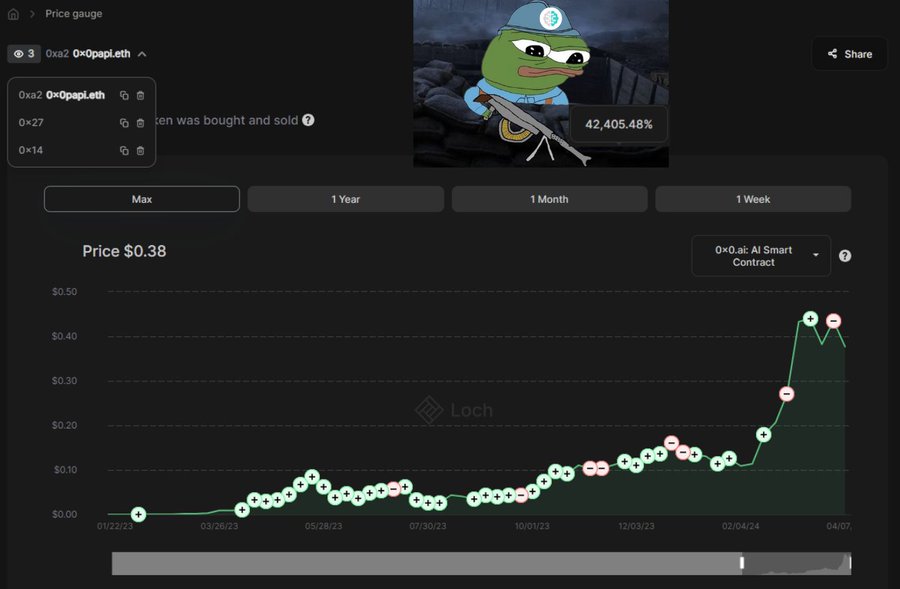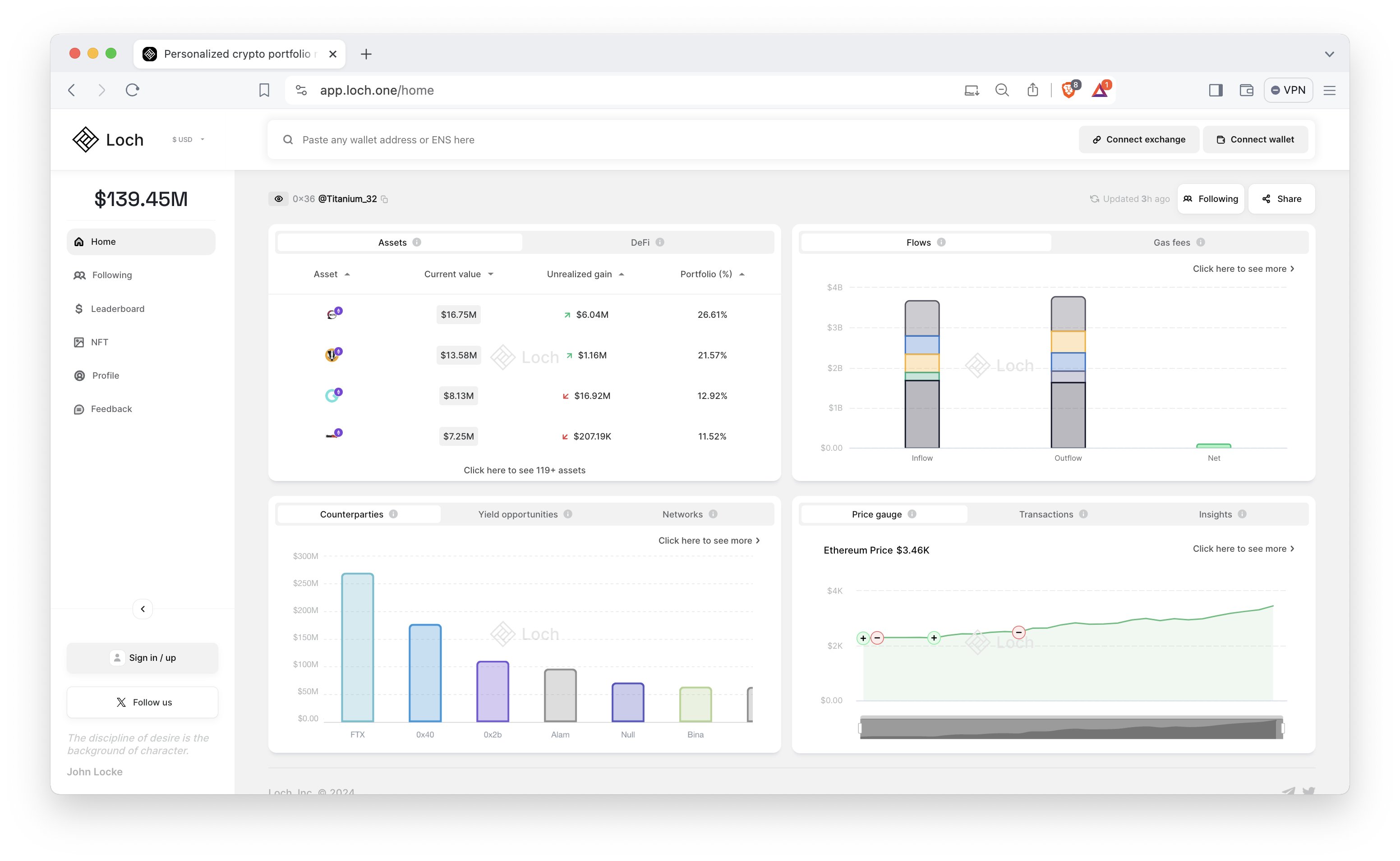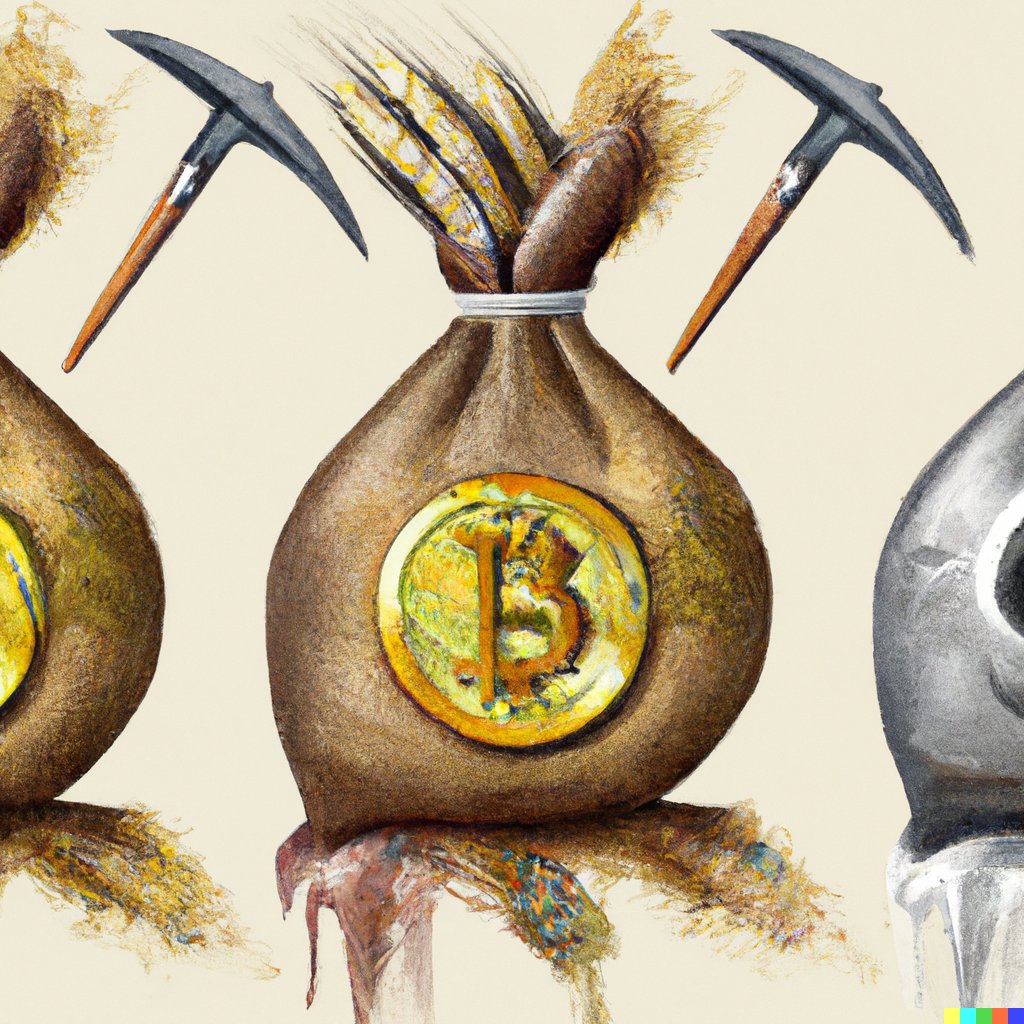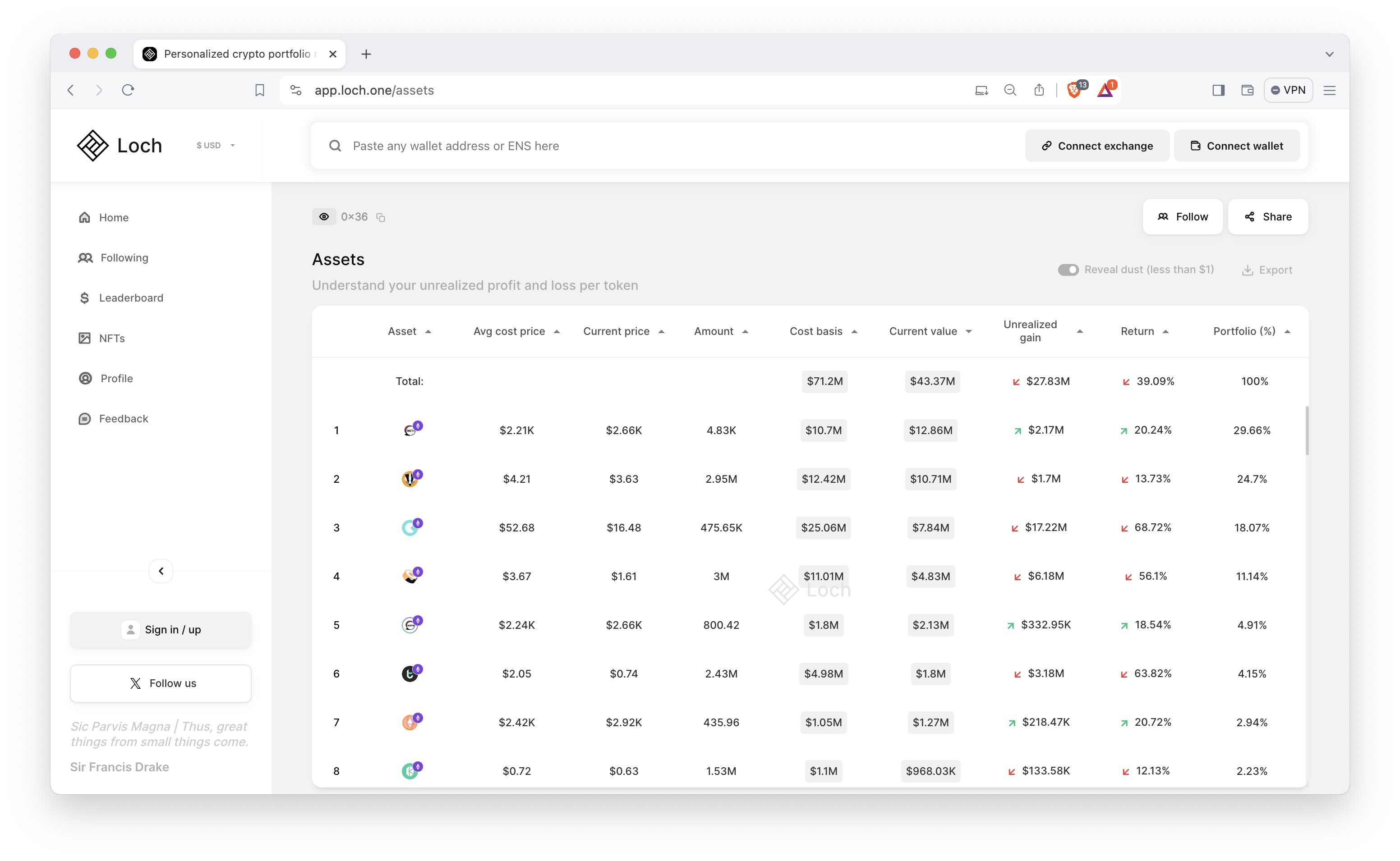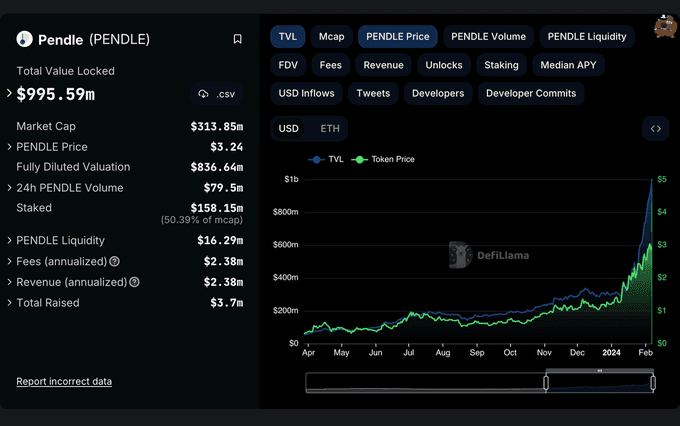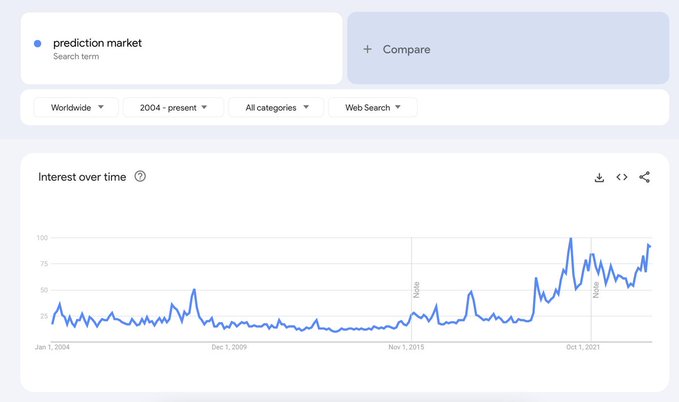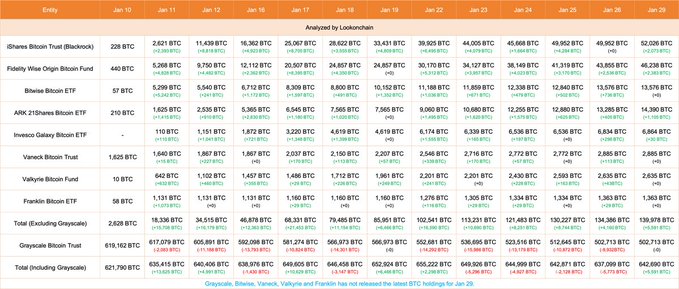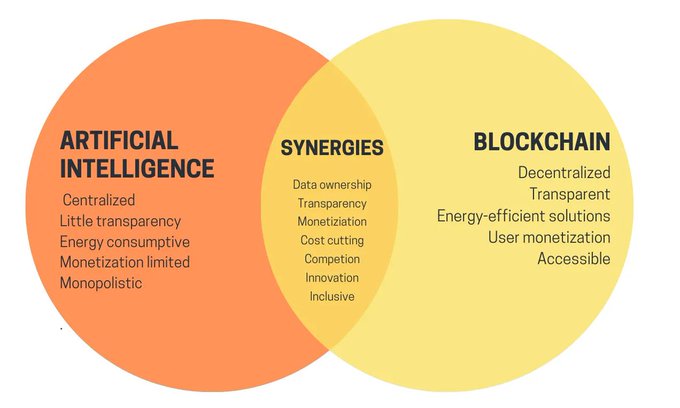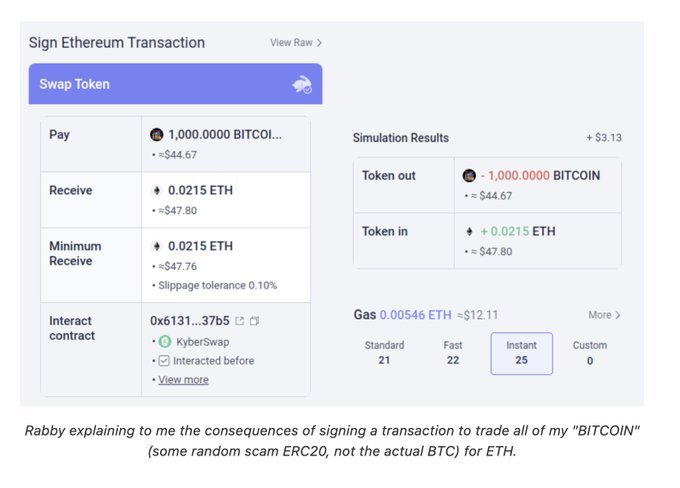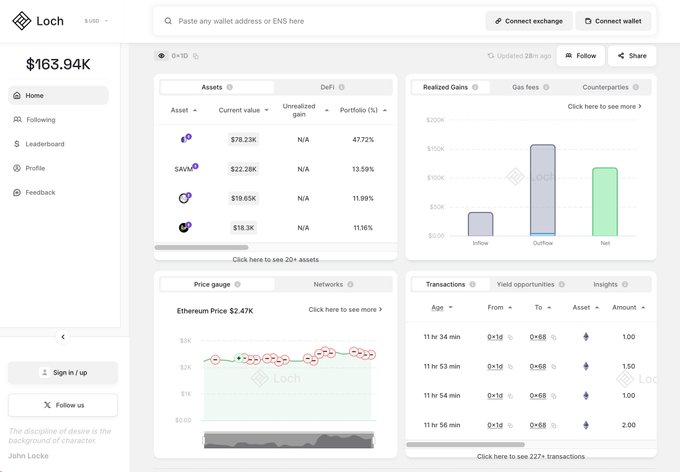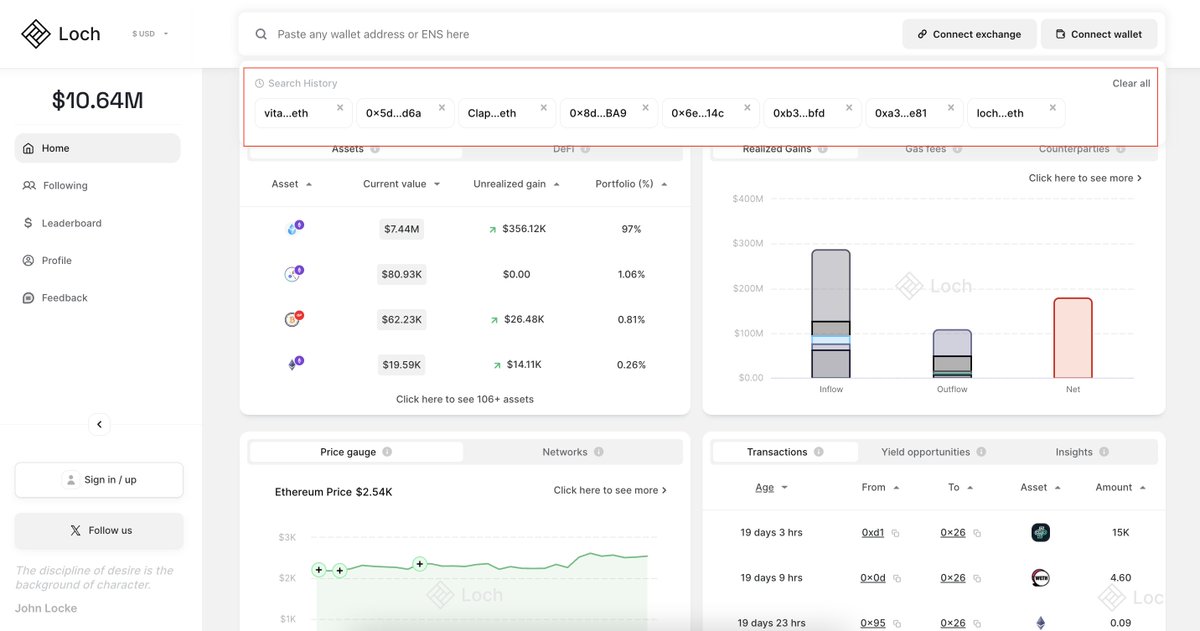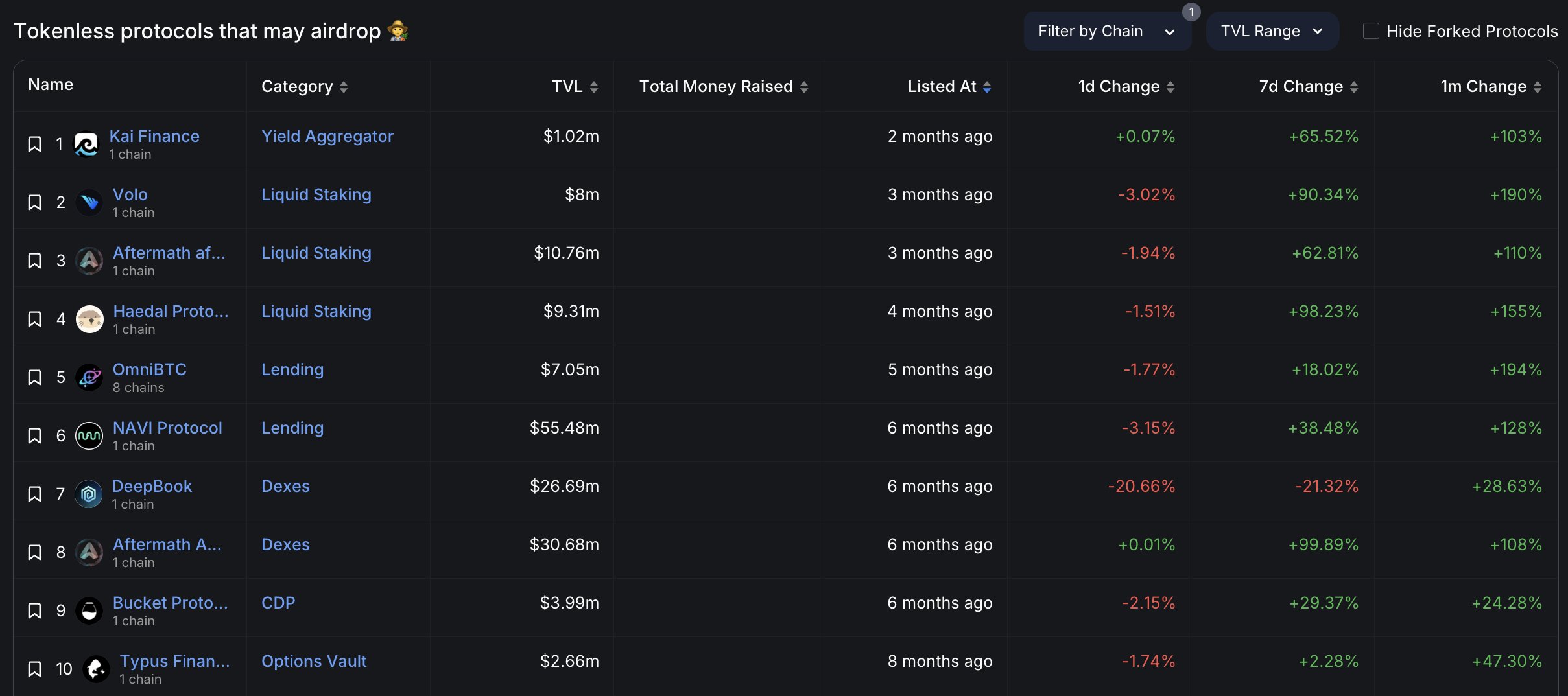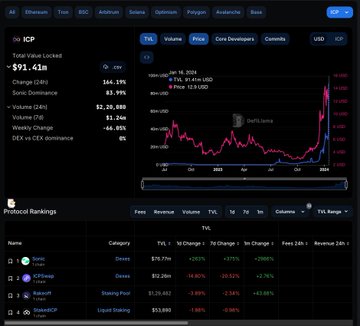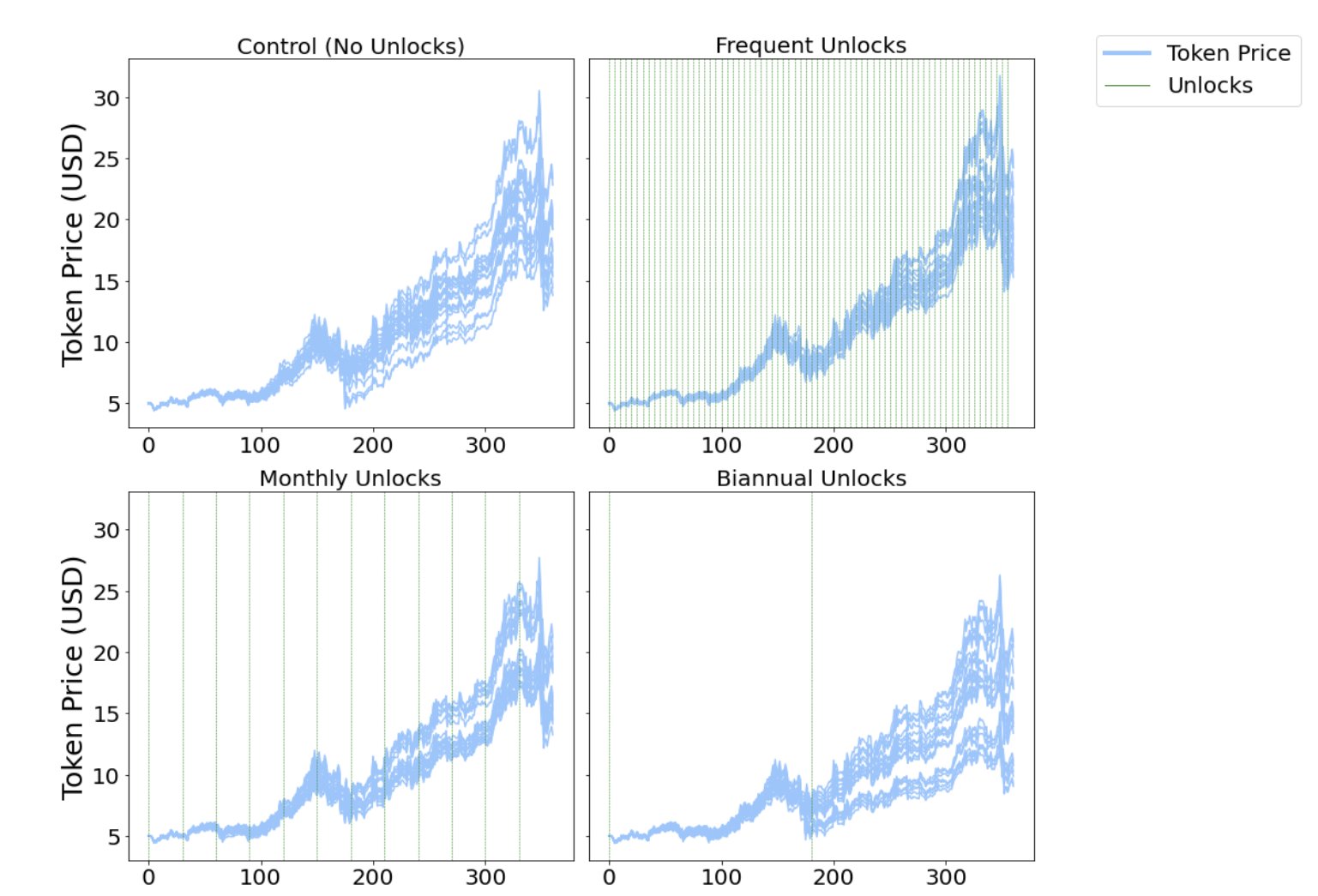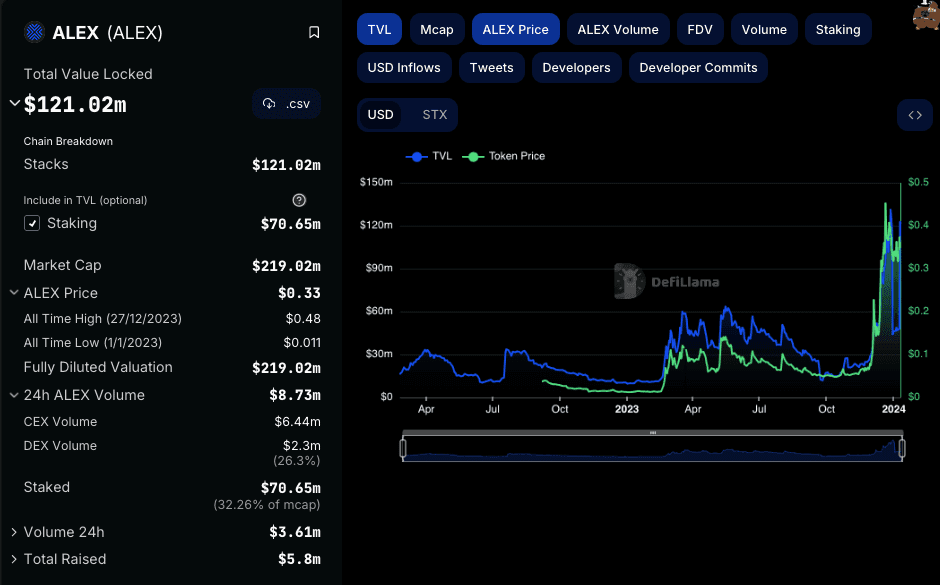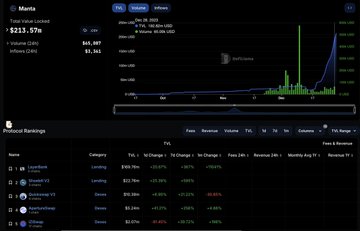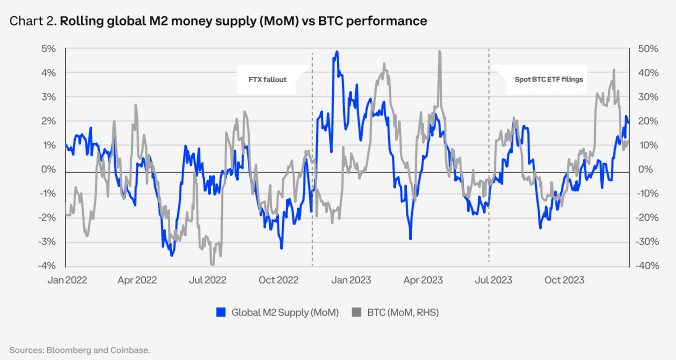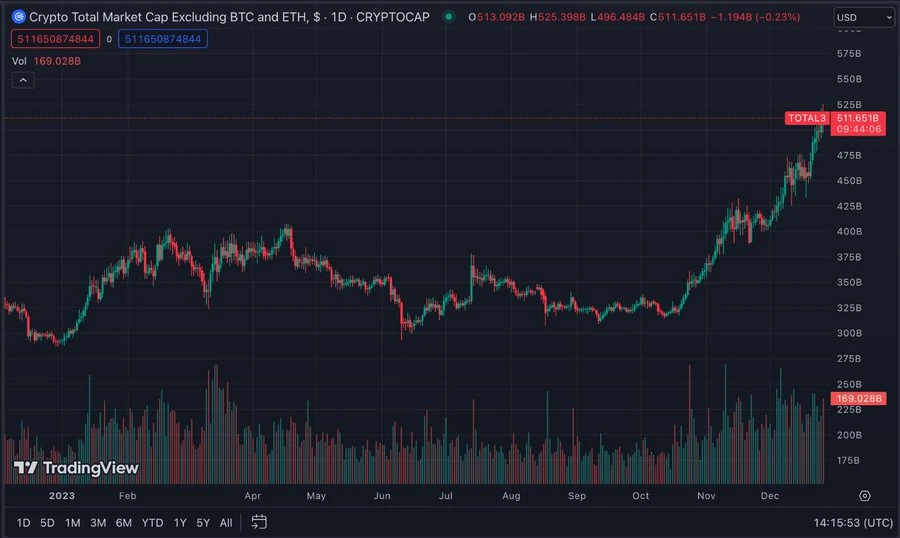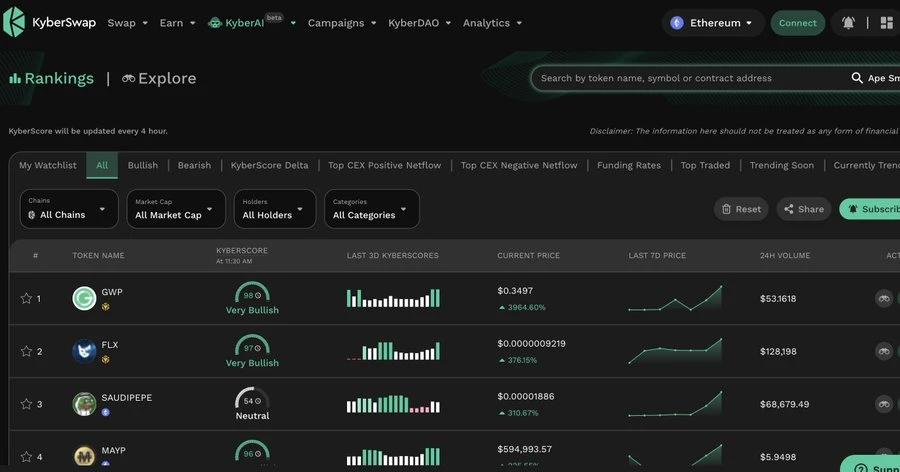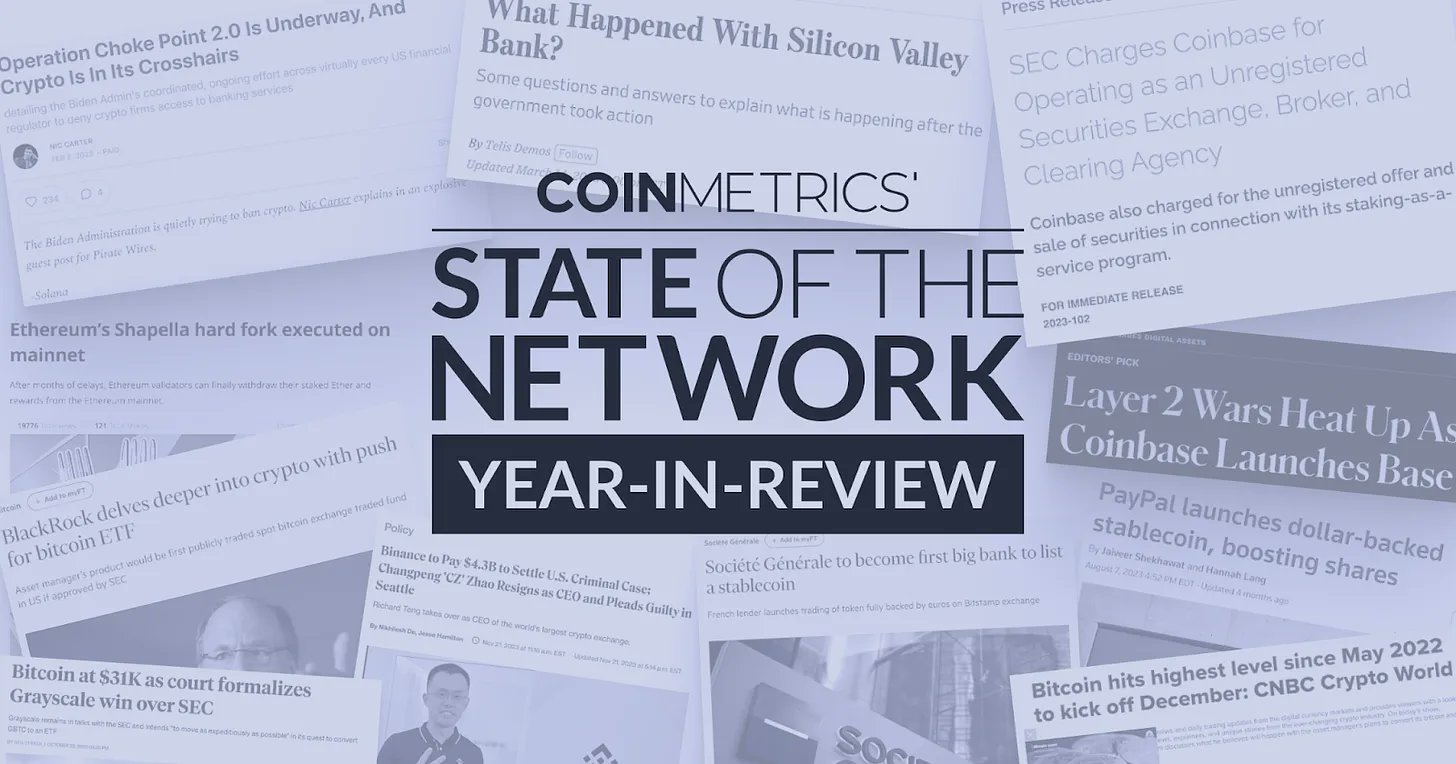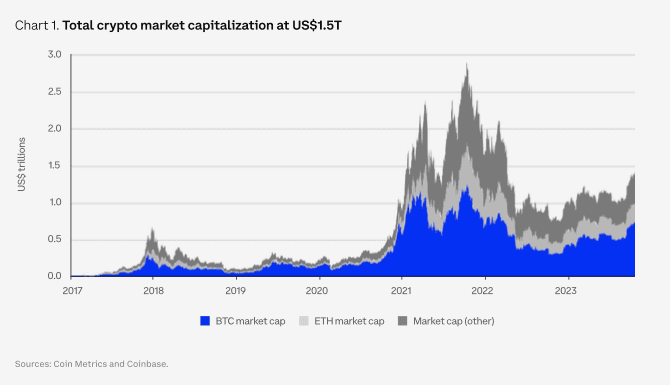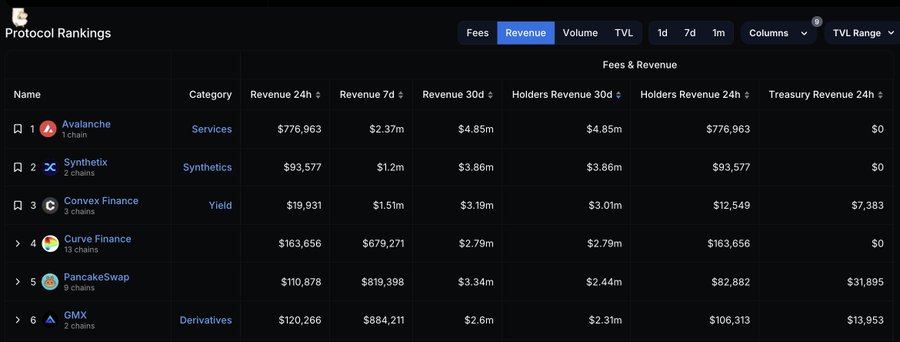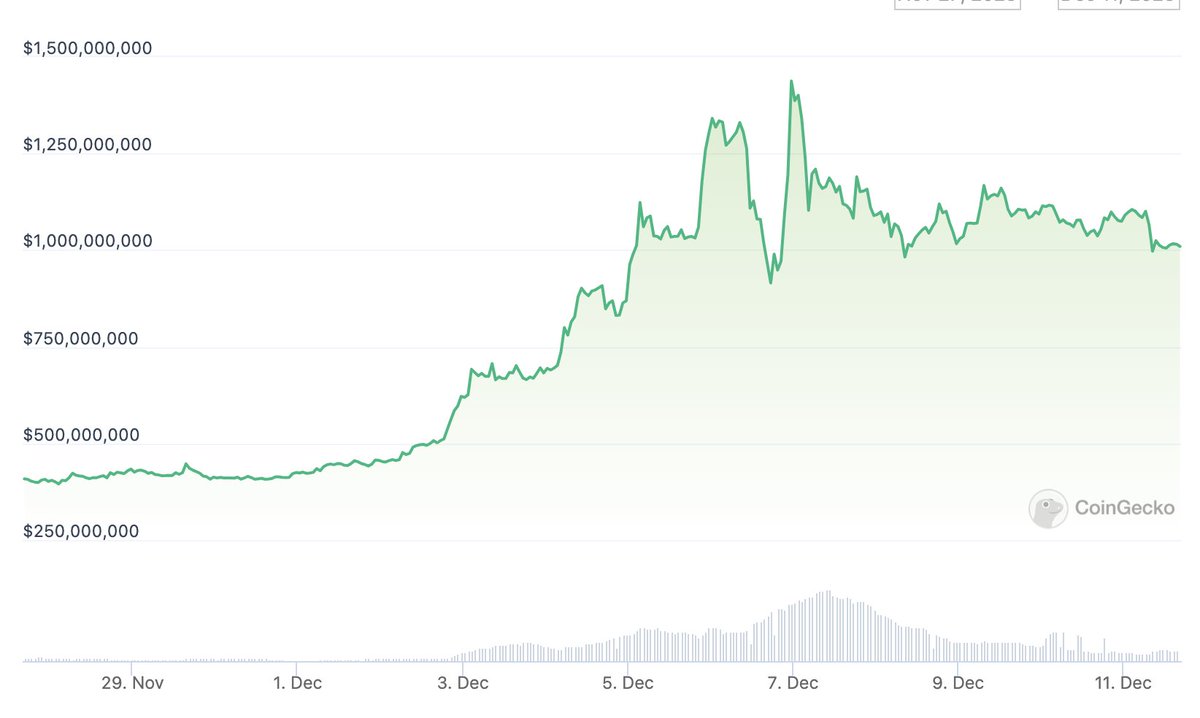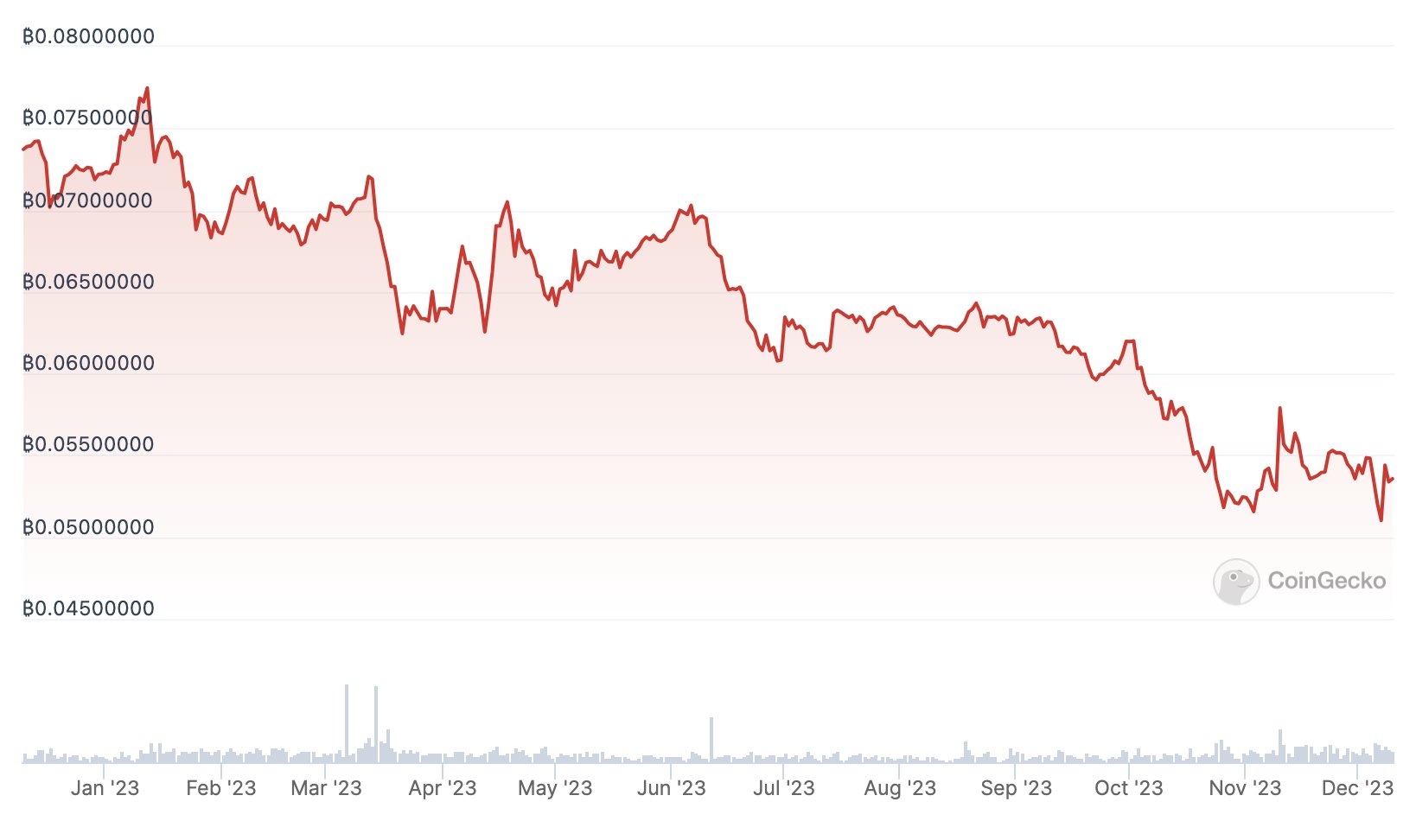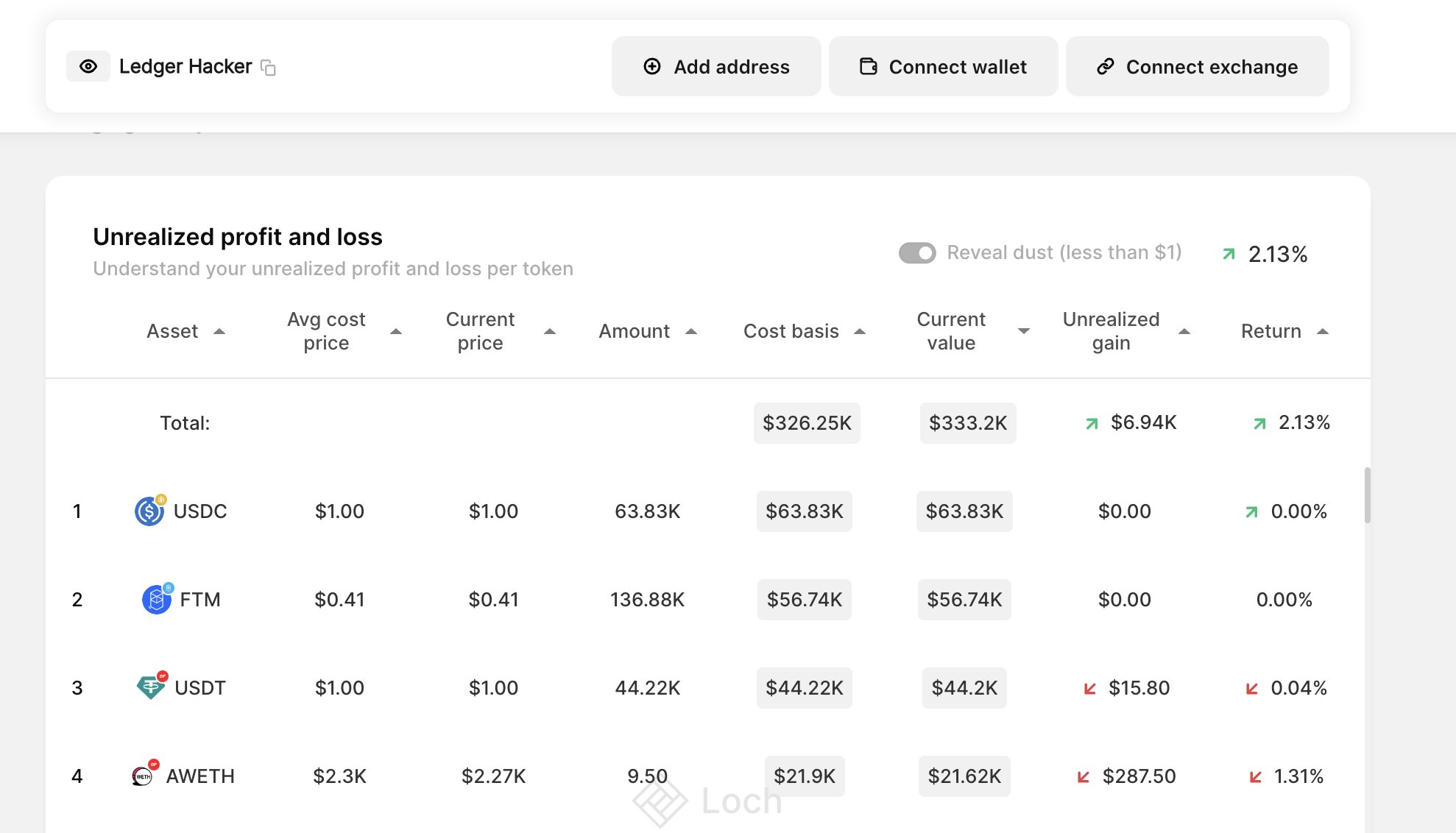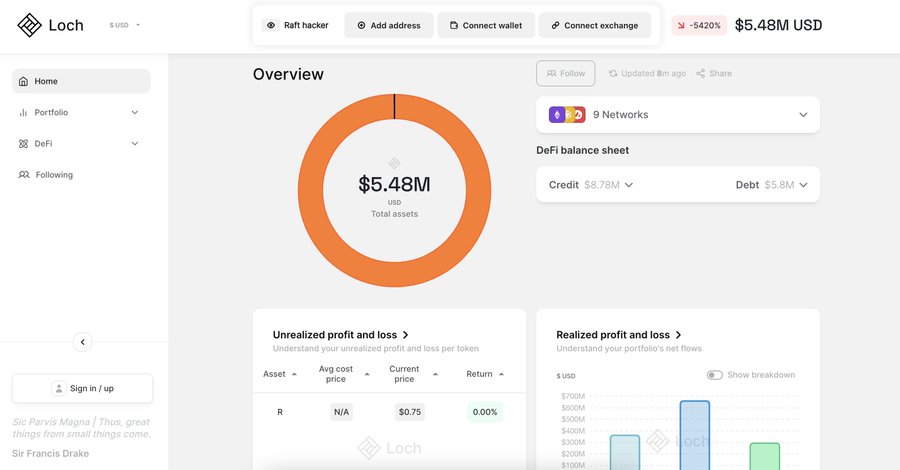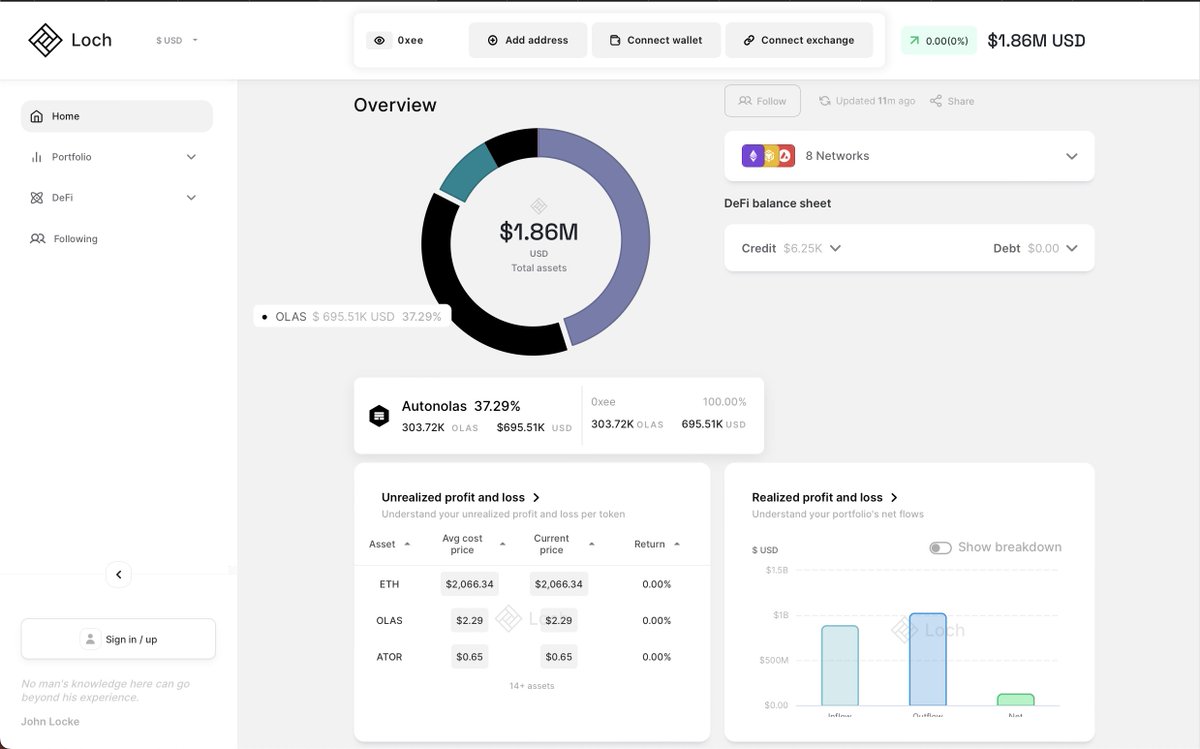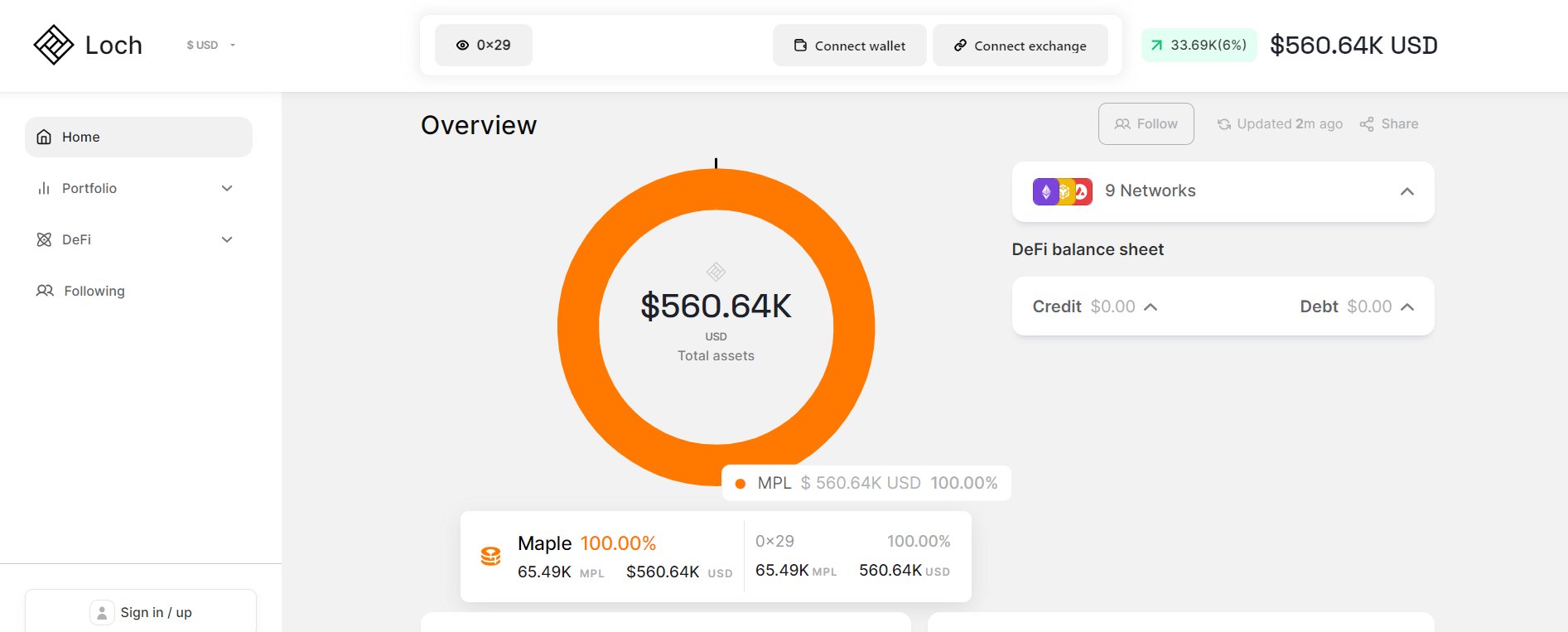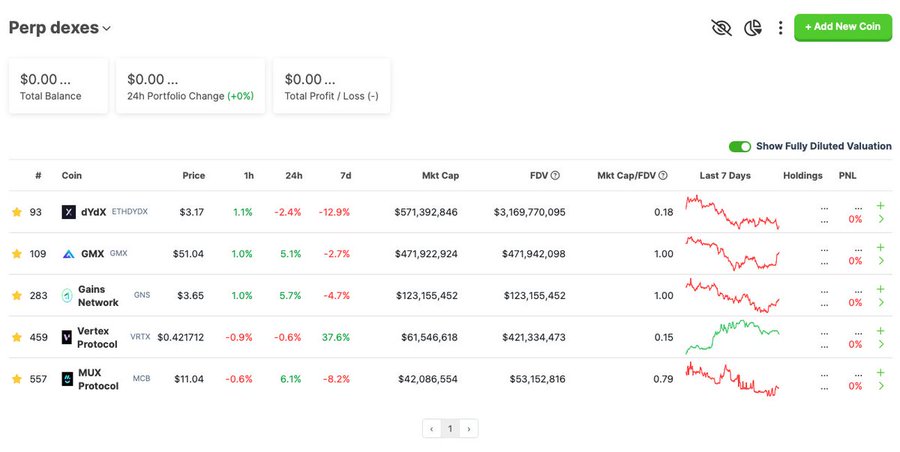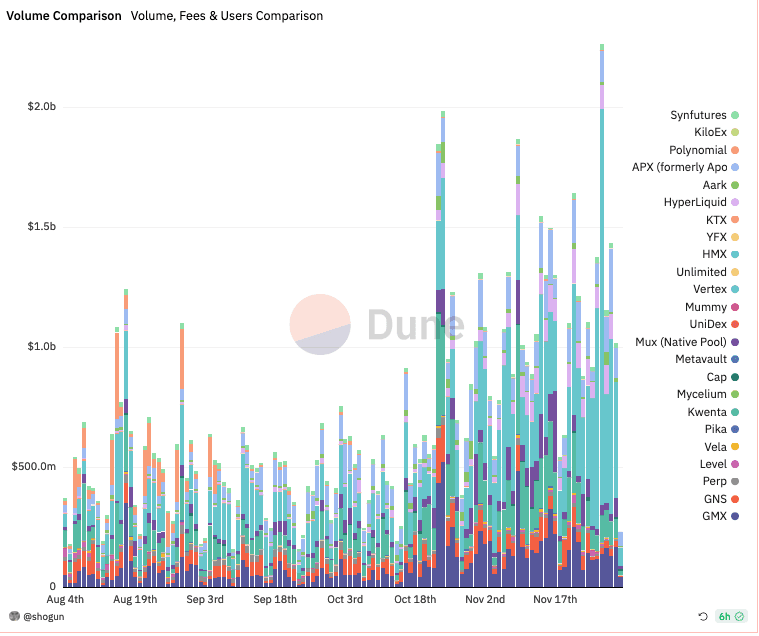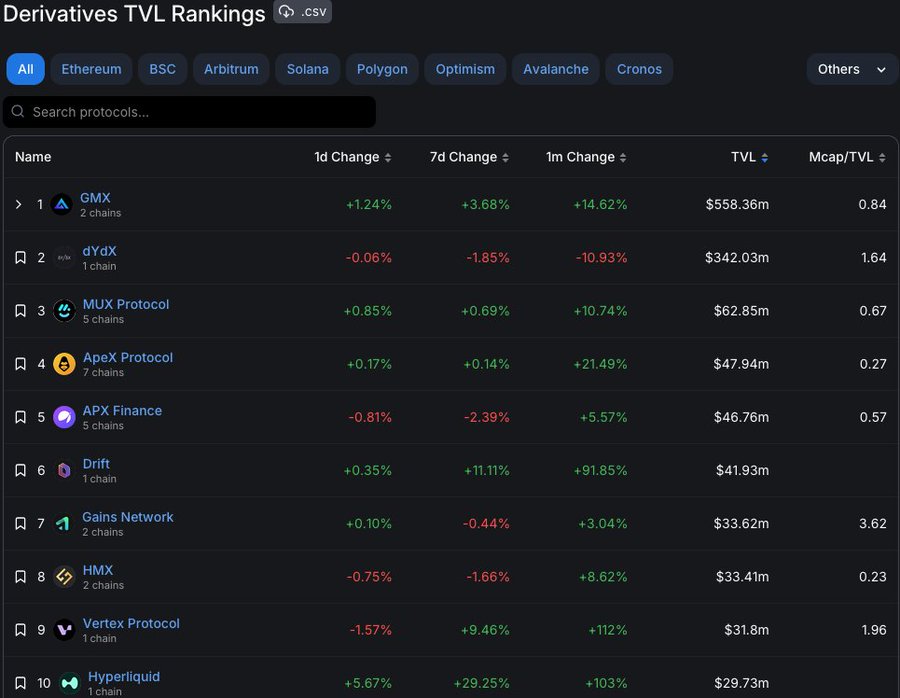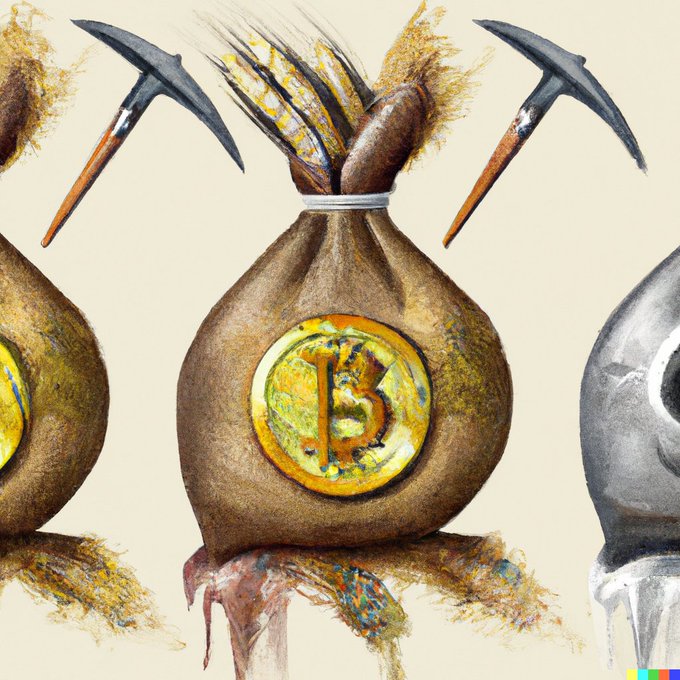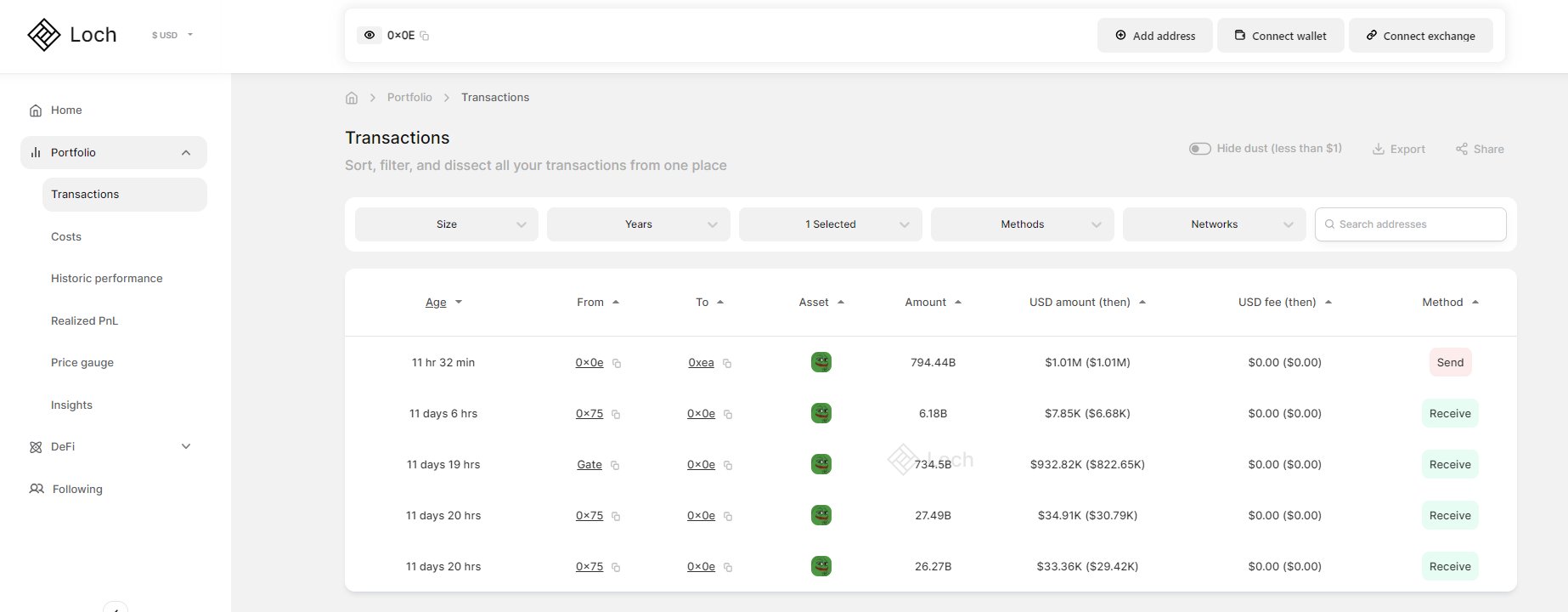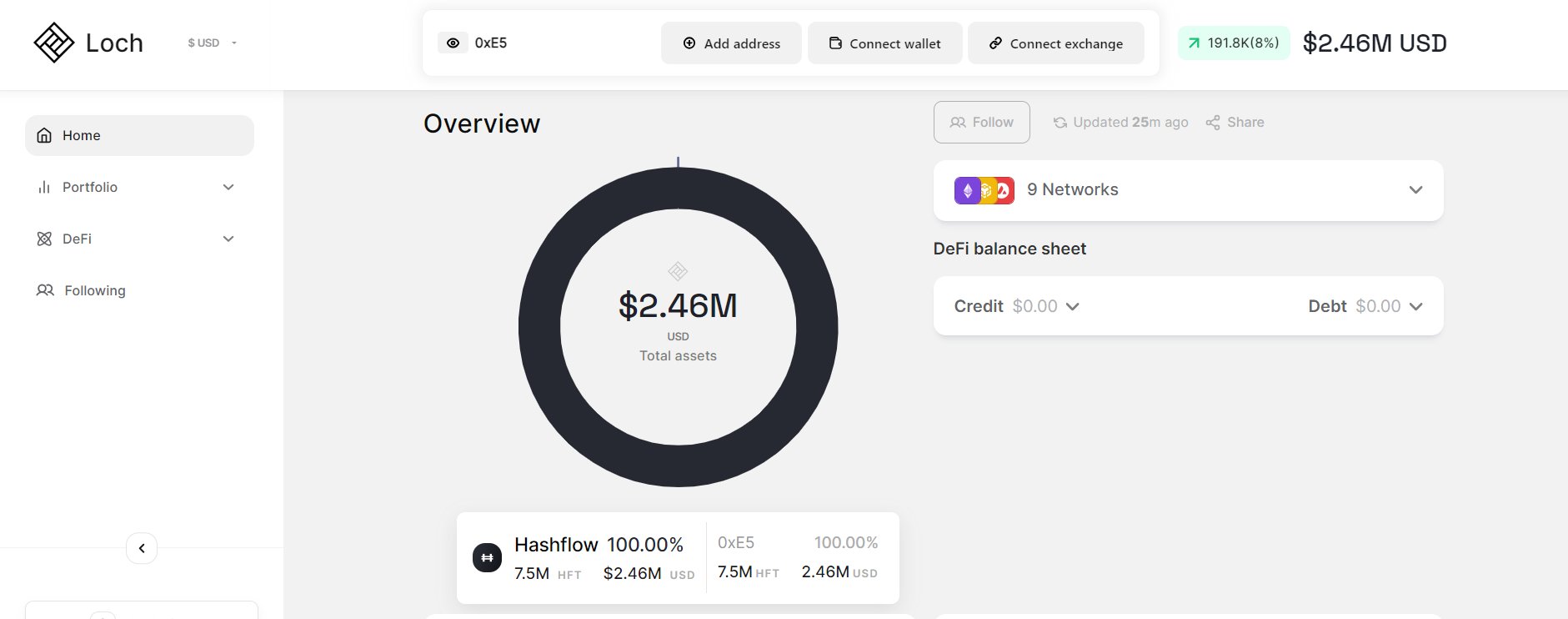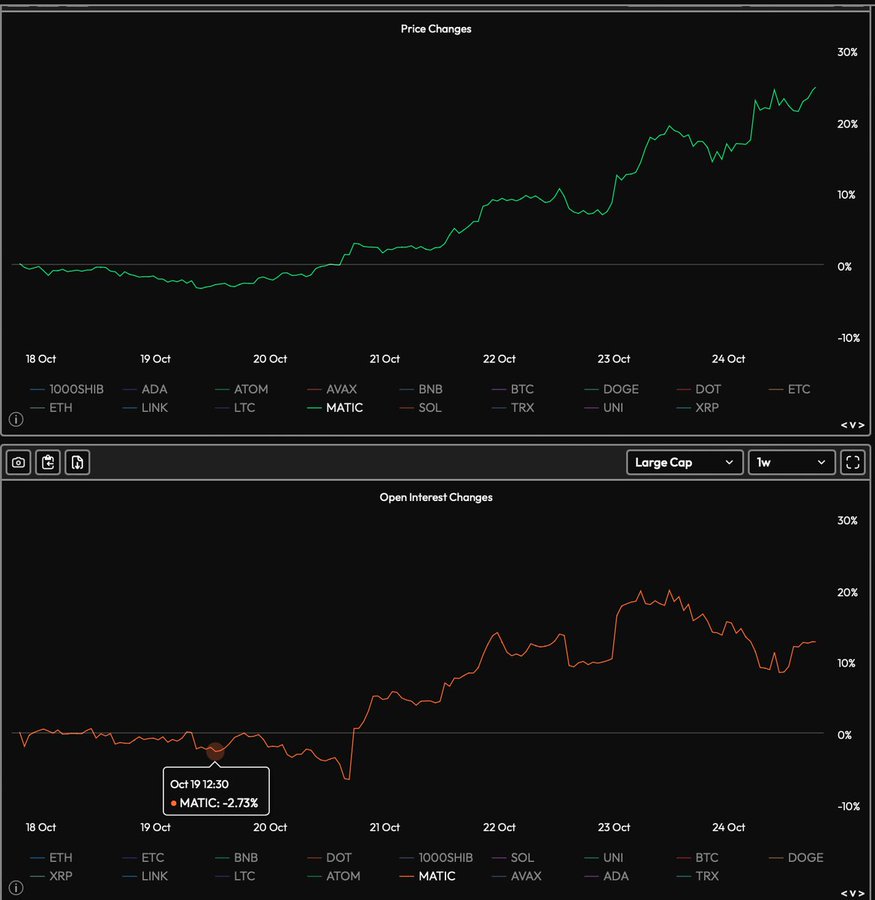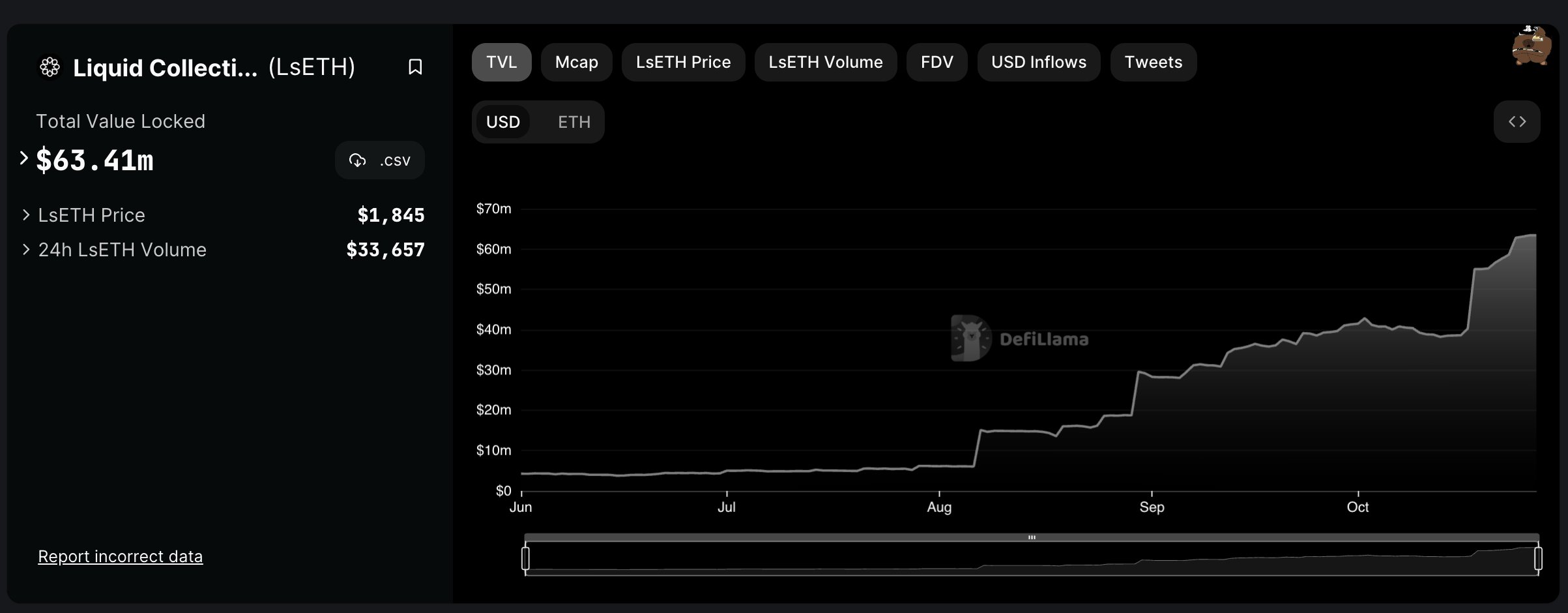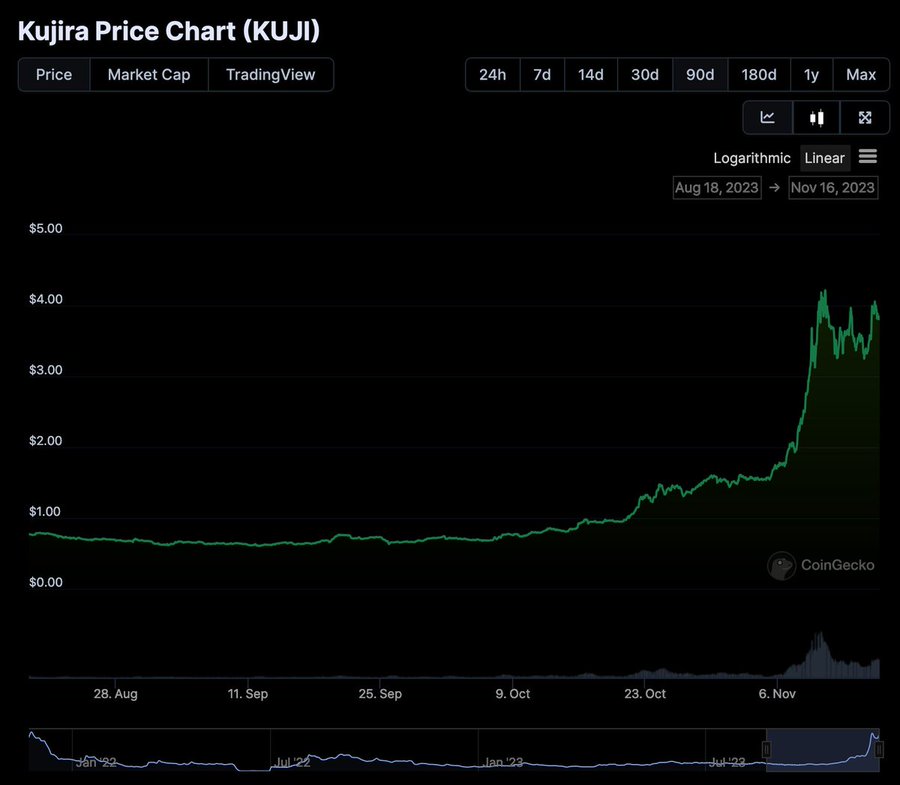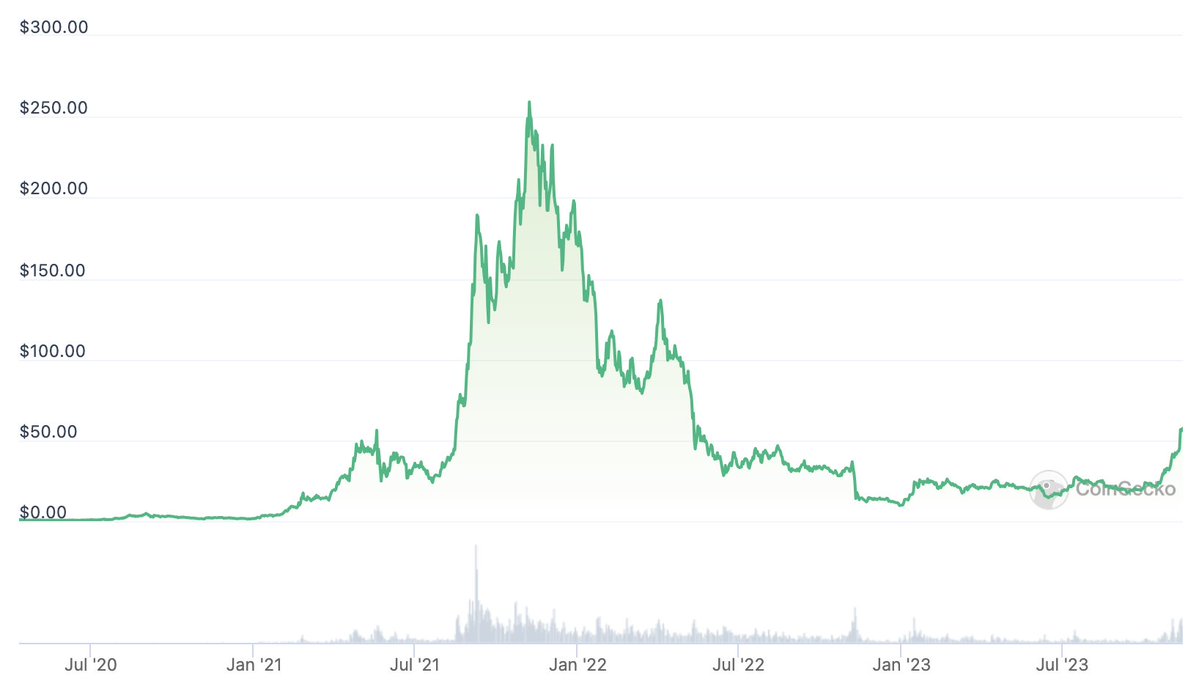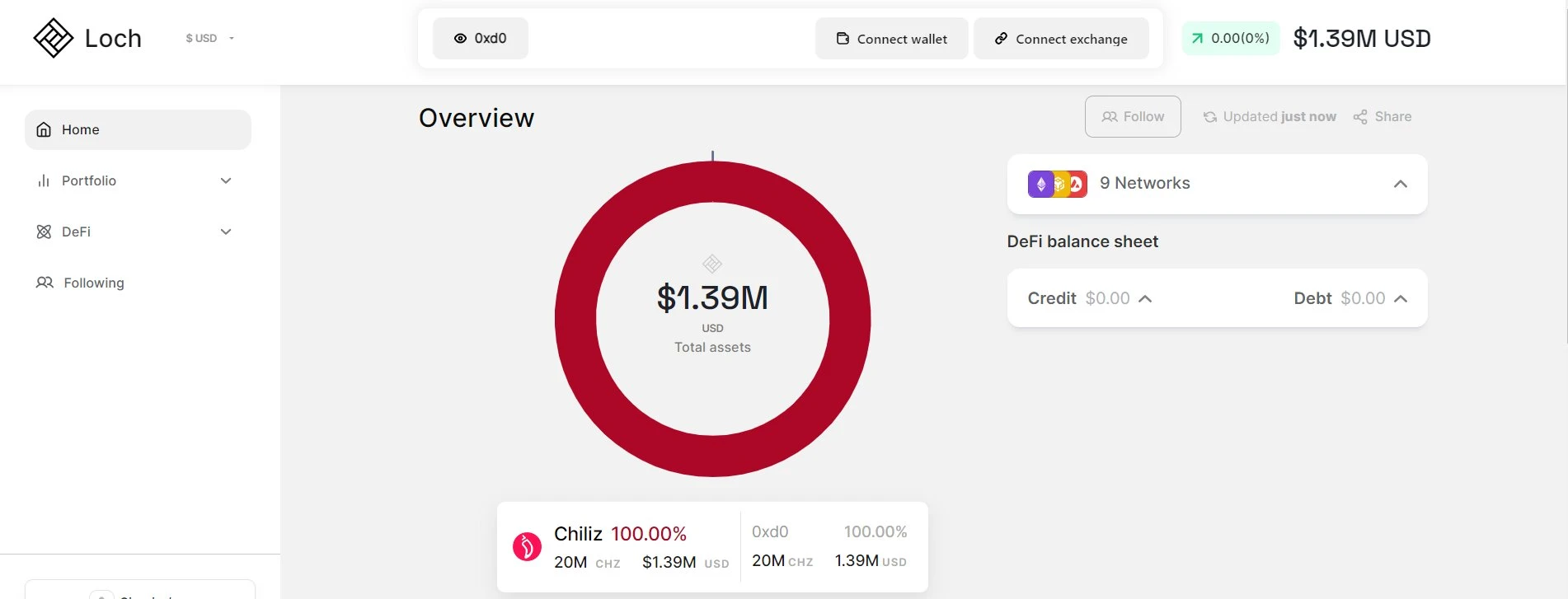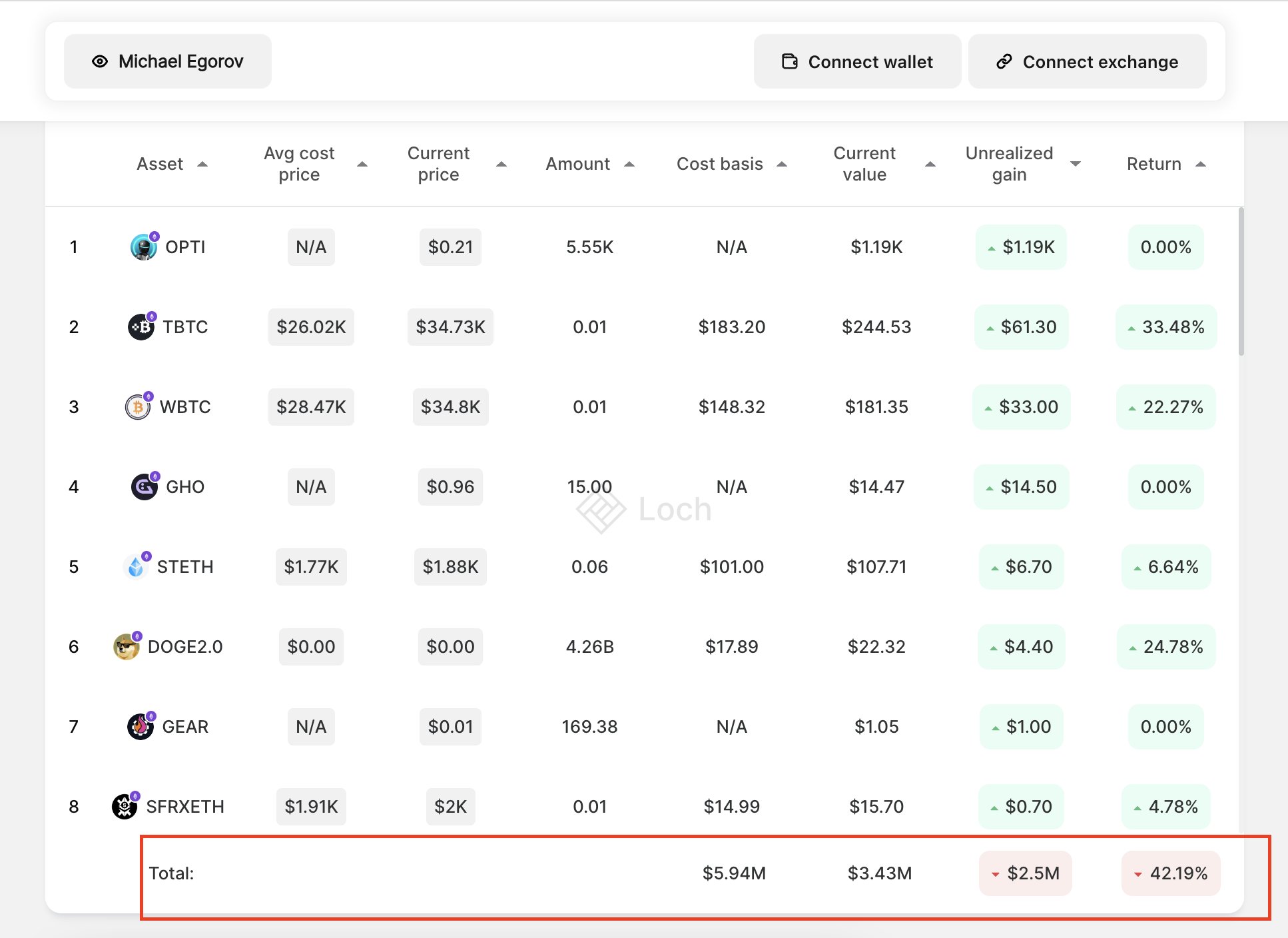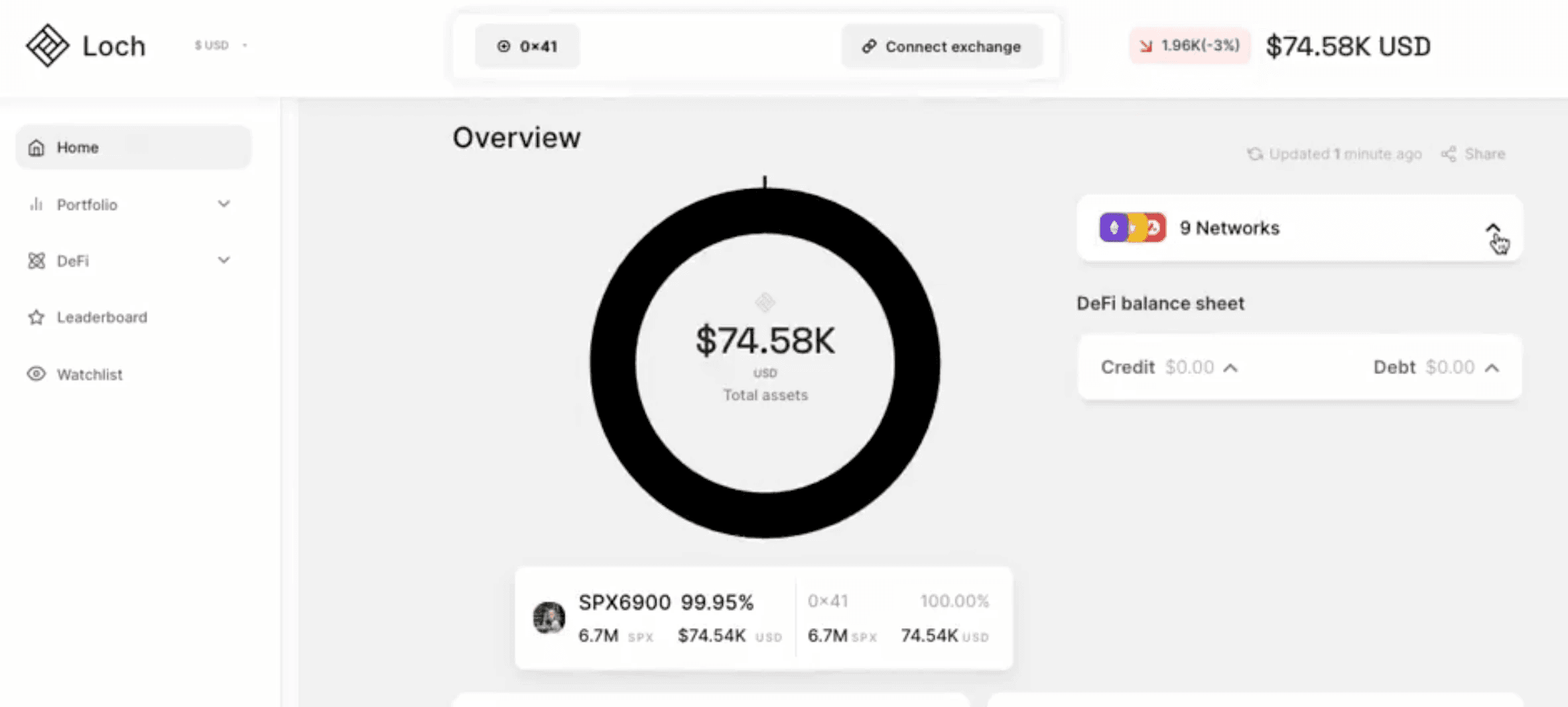DeFi's Rise: The Future of Digital Finance
In the dynamic world of digital finance, the evolution of blockchains and decentralized finance (DeFi) mirrors a transformative period in the music industry, marked by the shift from physical media to digital streaming. At the turn of the millennium, peer-to-peer (P2P) file-sharing services dramatically disrupted traditional revenue models for record labels. Platforms such as The Pirate Bay facilitated the illegal distribution of music, significantly impacting sales. This scenario played out before the rise of legal streaming services like Spotify, which emerged as a harmonious solution balancing the needs of artists, the industry, and consumers.
Similarly, blockchains and stablecoins are poised to reshape the financial landscape. Stablecoins, in particular, are settling transactions at volumes surpassing traditional remittance services and are even giving giants like PayPal a run for their money. Their growth trajectory suggests they could soon eclipse the transaction volumes of Visa, ACH, and Fedwire, signaling a paradigm shift in how money moves globally.
Despite this rapid ascent, it's not anticipated that central banks and legacy monetary systems will become obsolete. Instead, akin to the recalibration seen in the music industry, a significant reduction in dominance is more likely, paving the way for a new equilibrium. DeFi and blockchain may adopt a "Spotify-esque" approach, wherein the ecosystem becomes more user-friendly and compliant with necessary regulations such as Know Your Customer (KYC) and Anti-Money Laundering (AML) protocols, while still fostering innovation.
In this emerging financial soundscape, protocol developers are akin to artists, endowed with the freedom to craft novel monetary and financial instruments. They will drive innovation, much as musicians do with new genres and sounds. Users, akin to music listeners, will have the autonomy to select from a variety of financial "playlists" based on their individual preferences, such as savings, transfers, or lending options.
The inherent advantages of blockchain technology, including complete transparency, near-instantaneous settlements, minimal transaction fees, ease of use, and the absence of gatekeepers, promise to underpin this financial revolution. These features, reminiscent of the direct and unfettered experience of P2P streaming, will be harnessed to fulfill the promise of a more open and efficient financial system.
The transition to a blockchain-centric financial world won't materialize overnight. It will be a gradual shift, guided by user adoption, regulatory developments, and technological advancements. Yet, the trajectory is clear: the future of finance is poised to be as innovative and user-centric as the digital music revolution. With time, this evolution will likely redefine how we perceive and interact with money, much as streaming has changed our relationship with music.
DeFi's Rise: The Future of Digital Finance
In the dynamic world of digital finance, the evolution of blockchains and decentralized finance (DeFi) mirrors a transformative period in the music industry, marked by the shift from physical media to digital streaming. At the turn of the millennium, peer-to-peer (P2P) file-sharing services dramatically disrupted traditional revenue models for record labels. Platforms such as The Pirate Bay facilitated the illegal distribution of music, significantly impacting sales. This scenario played out before the rise of legal streaming services like Spotify, which emerged as a harmonious solution balancing the needs of artists, the industry, and consumers.
Similarly, blockchains and stablecoins are poised to reshape the financial landscape. Stablecoins, in particular, are settling transactions at volumes surpassing traditional remittance services and are even giving giants like PayPal a run for their money. Their growth trajectory suggests they could soon eclipse the transaction volumes of Visa, ACH, and Fedwire, signaling a paradigm shift in how money moves globally.
Despite this rapid ascent, it's not anticipated that central banks and legacy monetary systems will become obsolete. Instead, akin to the recalibration seen in the music industry, a significant reduction in dominance is more likely, paving the way for a new equilibrium. DeFi and blockchain may adopt a "Spotify-esque" approach, wherein the ecosystem becomes more user-friendly and compliant with necessary regulations such as Know Your Customer (KYC) and Anti-Money Laundering (AML) protocols, while still fostering innovation.
In this emerging financial soundscape, protocol developers are akin to artists, endowed with the freedom to craft novel monetary and financial instruments. They will drive innovation, much as musicians do with new genres and sounds. Users, akin to music listeners, will have the autonomy to select from a variety of financial "playlists" based on their individual preferences, such as savings, transfers, or lending options.
The inherent advantages of blockchain technology, including complete transparency, near-instantaneous settlements, minimal transaction fees, ease of use, and the absence of gatekeepers, promise to underpin this financial revolution. These features, reminiscent of the direct and unfettered experience of P2P streaming, will be harnessed to fulfill the promise of a more open and efficient financial system.
The transition to a blockchain-centric financial world won't materialize overnight. It will be a gradual shift, guided by user adoption, regulatory developments, and technological advancements. Yet, the trajectory is clear: the future of finance is poised to be as innovative and user-centric as the digital music revolution. With time, this evolution will likely redefine how we perceive and interact with money, much as streaming has changed our relationship with music.
Continue reading
Continue reading

Spotify-esq Approach for Decentralized Finance (DeFi)
Oct 19, 2023

Spotify-esq Approach for Decentralized Finance (DeFi)
Oct 19, 2023




